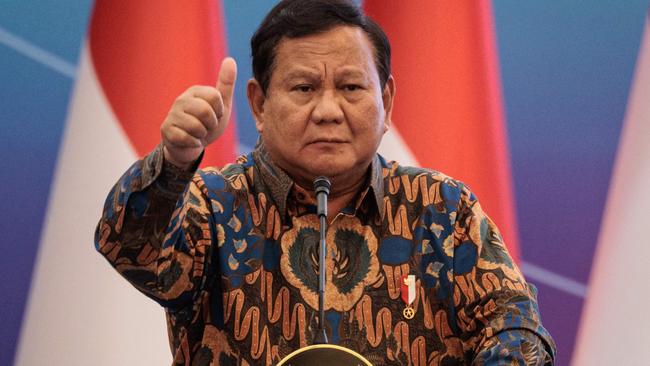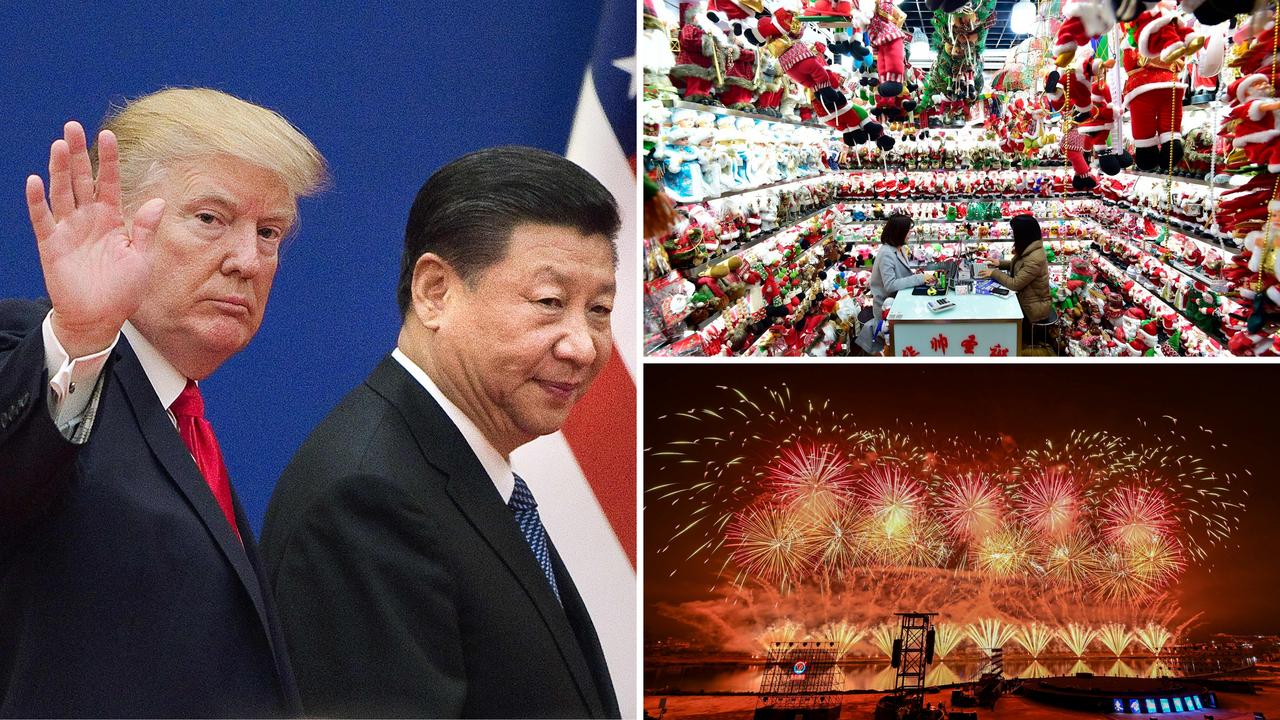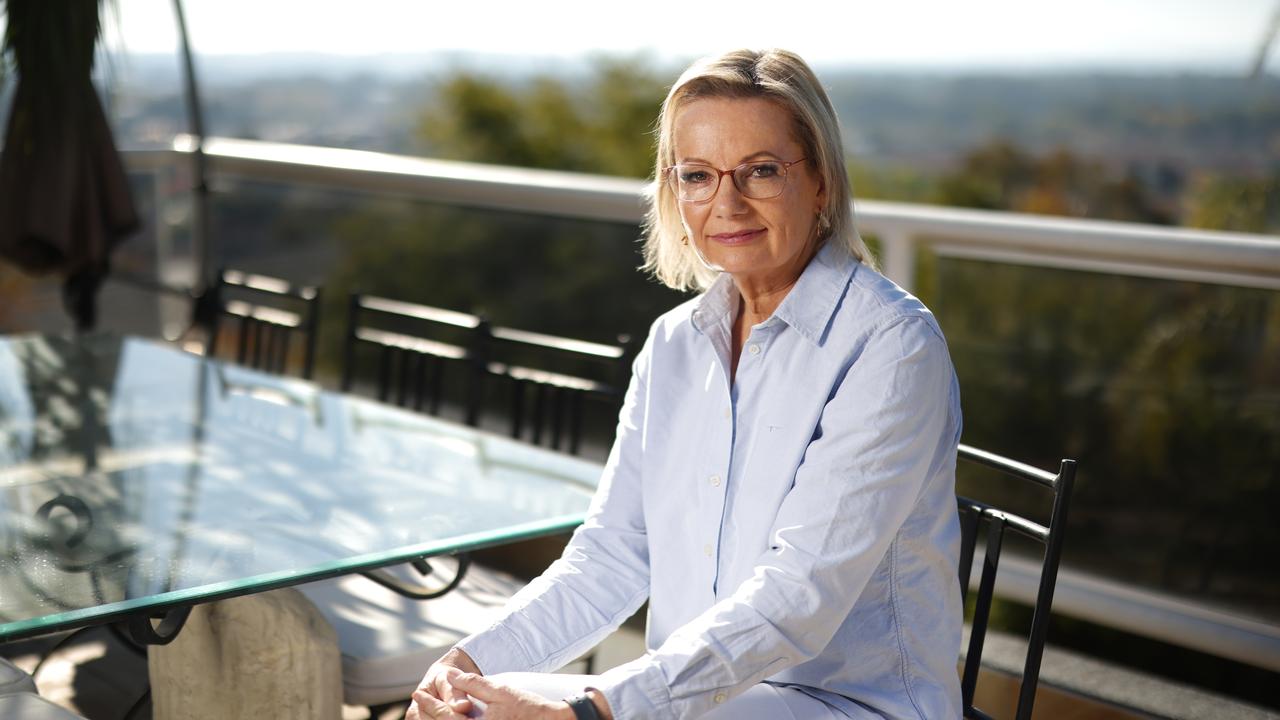Can Canberra and Jakarta be more than ‘friends’?

As Anthony Albanese prepares to travel to Jakarta for his first state visit in his second term, the symbolism is clear: Indonesia remains a cornerstone of Australia’s foreign policy.
Since taking office, the Albanese government has prioritised Southeast Asia, laying important groundwork through initiatives such as the 2024 Defence Co-operation Agreement with Indonesia and the Southeast Asia Economic Strategy. But the tangible reality of the relationship with Indonesia remains limited by diverging strategic visions, misaligned expectations and a reluctance to address hard topics.
This means the Prime Minister’s visit must go beyond symbolism. If this partnership is to mature, both sides must start talking honestly about where they differ, where they want to go and how best to get there in lock-step. That’s because beneath the surface of two democracies, the two countries have taken different paths when it comes to issues such as dealing with Russia post the 2022 Ukraine invasion and the region’s most pressing strategic question: how to deal with China.
Since entering office, the Albanese government has approached its China policy through the prism of stabilisation – along with the formula of co-operating where we can, disagreeing where we must, and engaging in the national interest. At the same time, through AUKUS and its support for the Quad, Canberra has doubled down on its alliance with the US and its commitment to a balance-of-power strategy in the Indo-Pacific. It believes US military presence is essential to maintaining regional stability, and it is prepared to take risks to preserve that status quo. Indonesia does not see conflict as inevitable. Instead, it wants to keep both the US and China engaged in multilateral diplomacy, with ASEAN as the central platform. It sees minilateral groupings such as AUKUS and the Quad as challenges to ASEAN’s relevance and Indonesia’s role as a regional power.
Even as Indonesian officials cautiously welcome some aspects of these arrangements, such as the potential for technology sharing or regional deterrence, they remain uneasy about their long-term impact. This divergence is not academic. It affects how each country responds to crises, how they define regional order and how they prioritise partnerships.
Australia is comfortable with hard-edge strategic competition. Indonesia is not. This difference in world views can’t be papered over with warm language or economic initiatives. It needs to be acknowledged, discussed and managed. The recent controversy over claims (subsequently retracted) by outgoing opposition leader Peter Dutton that President Prabowo Subianto had publicly announced a request by Russia to host a naval base in Biak is a case in point. The episode revealed a deeper problem: a lack of trust in how each country interprets and communicates security concerns. In Indonesia, the hosting of any foreign military base – whether Australian, American, Chinese or Russian – is politically toxic and constitutionally restricted.
Suggesting otherwise touches a raw nerve. But not talking at all about the extent of Indonesia’s diplomatic and military relationships with China and Russia is not in Australia’s interests either. If both sides don’t learn to talk more candidly about these issues, they risk fuelling misunderstanding, strategic surprise and backlash.
Beyond differing approaches to strategic competition, the Australia-Indonesia relationship remains hampered by persistent misperceptions. In Indonesia, Australia is still often viewed as a “deputy sheriff” of the US, with lingering suspicions about its intentions toward Indonesian sovereignty. Conversely, many in Australia continue to see Indonesia as vulnerable – both in terms of susceptibility to elite capture and manipulation by malign powers, as well as being too sensitive to any uncomfortable diplomatic discussions. This is why Albanese’s visit must be more than ceremonial. It should mark the start of a more honest phase in the relationship – one where the differences are not hidden but worked through. Albanese and Prabowo must reflect on how their “comprehensive strategic partnership” can become more strategic rather than just comprehensive; characterised by enduring, persistent and tangible gains.
There is plenty to celebrate. The DCA institutionalised what has been a growing defence partnership, including joint training, maritime co-operation and disaster response. It also allows for a larger number of joint exercises. Economically, Australia’s Southeast Asia strategy acknowledges Indonesia as a top-tier priority, backed by new investment and commercial ties. In this context, Albanese’s decision to return to Jakarta sends the right signal. It shows Indonesia matters.
Prabowo’s positive view of Australia also creates a window of opportunity. He has spoken warmly of Australia in the past, often referencing Canberra’s support for Indonesian independence. His new role as President gives him a chance to reset the tone in Jakarta, after a decade in which relations were cordial but limited in strategic depth. Albanese and Prabowo both want to work together – but goodwill alone is not a strategy.
That means augmenting the standard regular, senior-level dialogues and engagements on strategic affairs, not just trade and investment, to deliver tangible solutions to common threats and challenges. These should address hybrid threats, climate security, and the misuse of emerging technologies such as artificial intelligence. In the past, Australia and Indonesia have successfully co-operated on issues such as counter-terrorism and people smuggling – there’s no reason we can’t do the same on today’s emerging risks, risks that will determine future sovereignty and prosperity for both countries.
Tangible co-operation breaks down misperceptions and builds strategic trust – so capability, distinct from intent (on both sides), is consistently understood. This gives Indonesia space to confidently articulate its concerns about regional order. And it allows Australia to assure Indonesia it does not seek to fuel bloc-based confrontation. The Prime Minister has an opportunity to shape how the Australian system conceives of Indonesia – not as a reluctant participant or passive neighbour, but as a strategic partner in its own right.
Gatra Priyandita is a senior analyst at the Australian Strategic Policy Institute.


